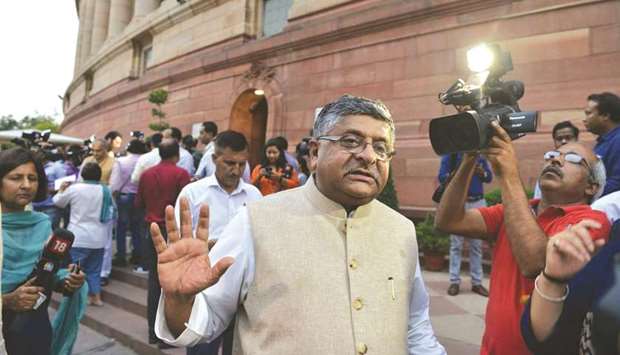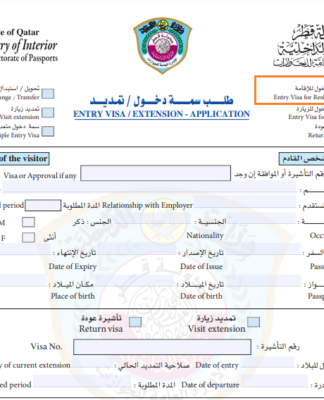Parliament yesterday passed a law against the controversial practice of triple talaq, making it a criminal offence punishable by up to three years in prison.
Prime Minister Narendra Modi’s government pushed through the bill despite stiff resistance from several opposition parties and a previous failed attempt to move the bill in the Rajya Sabha, the upper house.
“An archaic and medieval practice has finally been confined to the dustbin of history,” Modi tweeted after the bill finally cleared the upper house.
“Parliament abolishes Triple Talaq and corrects a historical wrong done to Muslim women. This is a victory of gender justice and will further equality in society. India rejoices today!”
The Supreme Court declared the practice unconstitutional in 2017 and asked the government to legislate against it.
Modi held a sizeable lower house majority in his first term when he first attempted to outlaw it, but did not have sufficient upper house support to pass the law.
Following his resounding victory in general elections in May, his government sought to pass the contentious legislation against a significantly weakened and dispirited opposition, even as several opposition parliamentarians argued against making divorce a criminal act.
The law, which was passed by the lower house Lok Sabha last week, will come into effect after receiving a formal nod from the president in the next few days.
Besides a jail term and a fine, the law will require Muslim men to financially support their wives, who will also get custody of their children.
The 2017 court ruling came after several Muslim women petitioned the top court, arguing that the unilateral power of Muslim men to end marriages violated India’s constitution by infringing on their fundamental right to equality.
Muslim women say they have been divorced via letters or messaging apps like WhatsApp, leaving them without any legal remedy.
Law Minister Ravi Shankar Prasad countered criticism by the opposition parties on making triple talaq an offence.
He said that nobody questioned the penal provision when the Hindu Marriage Act of 1955, Dowry Act of 1961 and Section 498A were brought.
The minister said the Hindu Marriage Act said the minimum age of the groom should be 21 and of the bride 18. A two-year jail term was provided for those violating the law. Then it was not said that it would disturb married life, he said.
- News
- News of Welcome Qatar Company
- Political News
- Qatar Football
- Qatar News
- Social News
- Sport News
- Technology News
- World News
Parliament passes bill to outlaw triple talaq





























